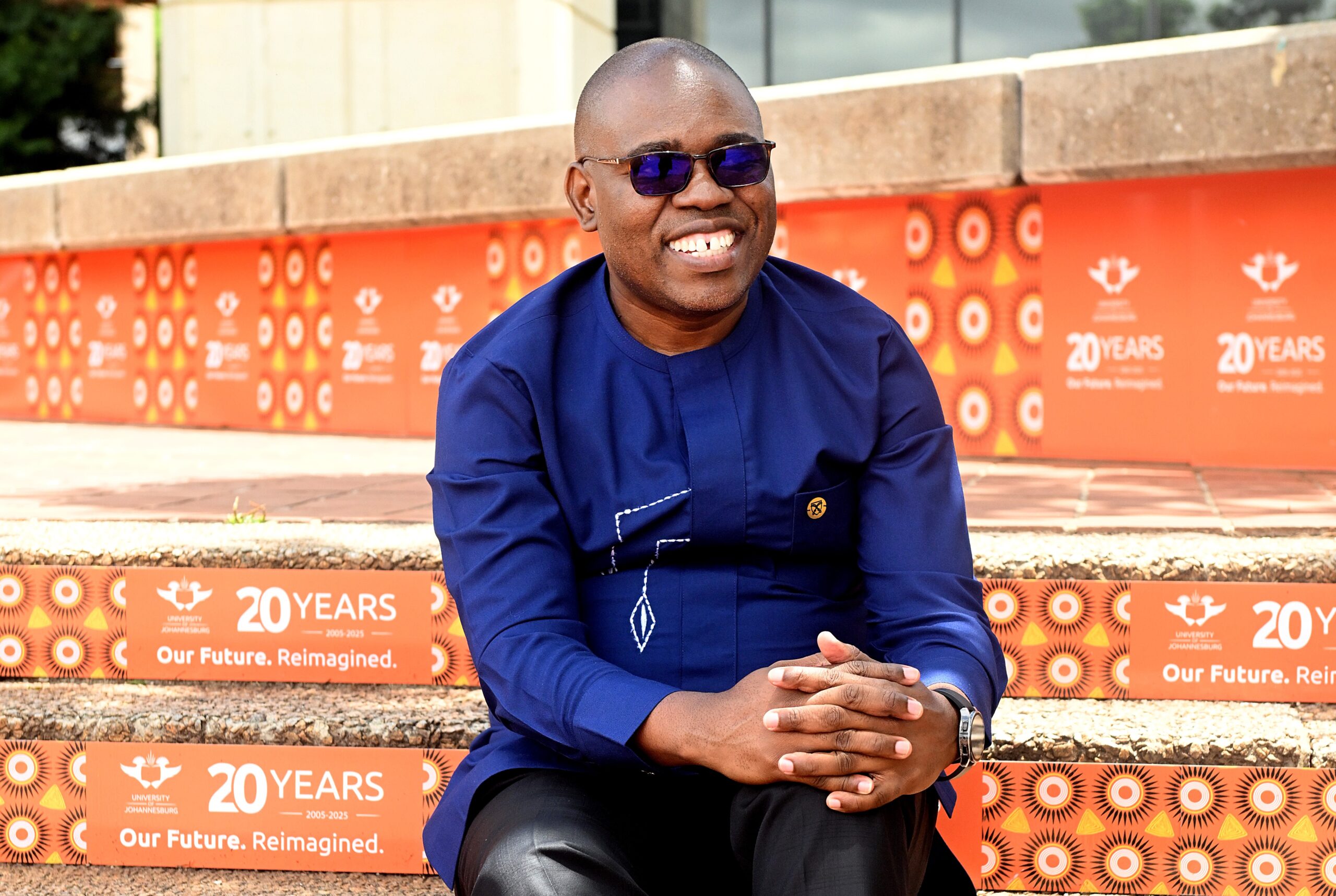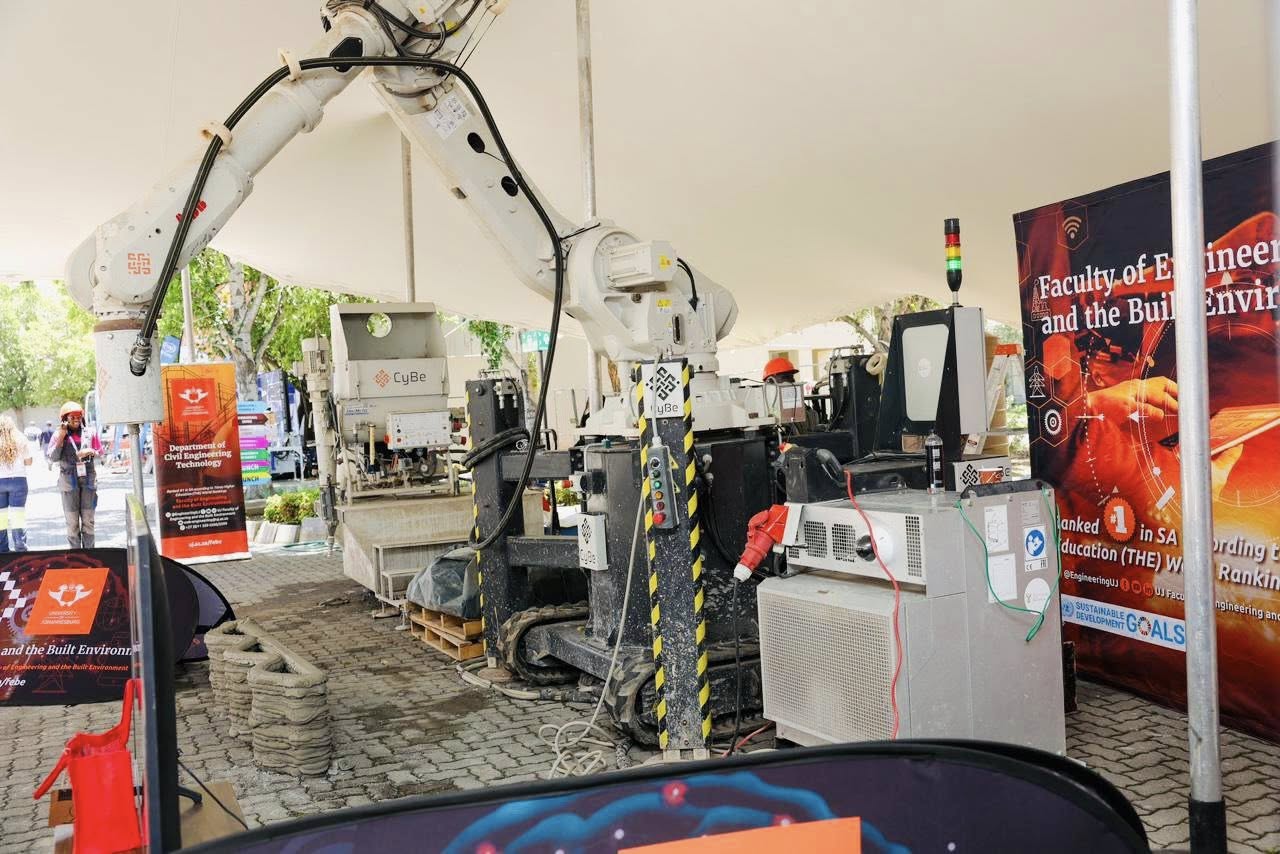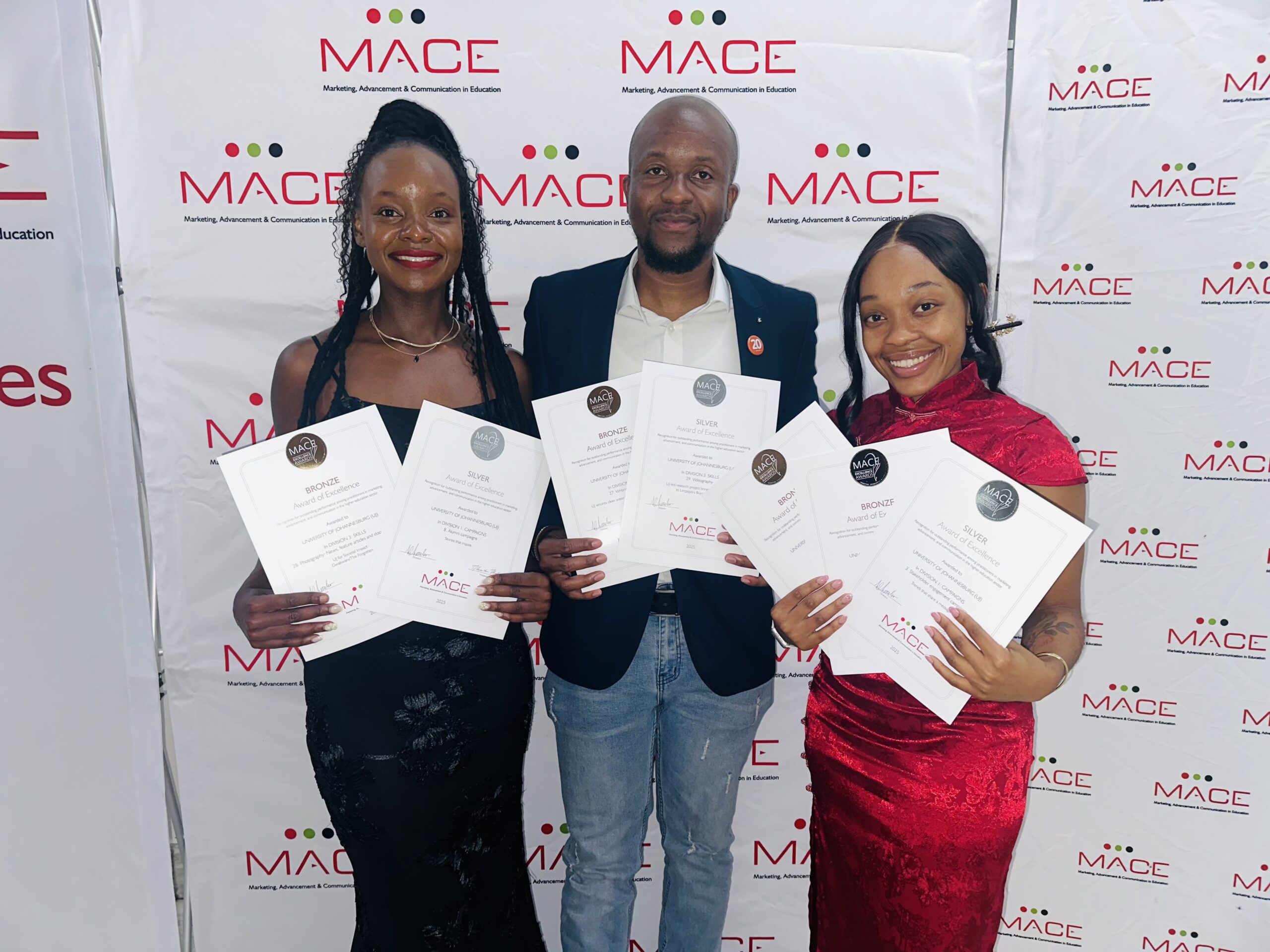Lungile Ngubane holds an MA degree in religion studies from the University of Johannesburg and is marketing assistant in the UJ Library.
She recently published an opinion article that first appeared in the Sowetan Live on 11 September 2025.
The words of Tessa Dooms, a prominent SA broadcaster and author, on a recent broadcast struck a chord with me when she asked listeners if they were aware of their lineage.
Her question, especially directed at coloured people, asked if that lineage connection had been severed by the violence of colonialism and apartheid systems. Frustration was palpable in her voice as she reiterated that while some people have families that have kept track of their history, that is not the case for everyone.
Her words resonated with me, as I thought of a man, I once met who was told to change his surname or pay large sums of money for unpaid lobola on behalf of his late father. When this man consulted a spiritual healer, he was told that his maternal ancestors were unhappy he had taken his late father’s surname, without lobola first being paid.
He was told that refusing to address this issue could lead to financial difficulties, poor health, or problems in other areas of his life, such as his marriage. Through further conversations with other people, I learnt that this man’s experience is not uncommon, and that many others have had similar experiences.
With September marking Heritage Month in SA, it is a time to celebrate our diverse cultures and heritage. However, as we honour these traditions, we should also critically reflect on those traditions that may cause hardship, such as the pressure to know our lineage or the expectation to adopt the “correct” surname. The very quest for the “correct” surname, for example, is problematic due to systematic disruptions that were engineered to sever lineages.
Our ancestors endured the 1913 Land Act, which fractured families; the Group Areas Act, which uprooted communities; and the Population Registration Act, which created a socioeconomic environment that led to the systemic erosion of indigenous names over time, where officials deliberately altered identities.
Today, this systematic erasure manifests in spiritual practices that exploit our disconnection from heritage. Is it reasonable to imagine that ancestors who survived these identity-shattering traumas would threaten their descendants with chaos over surnames? Would ancestors insist that their descendants spend money searching for their correct surname?
This year’s Heritage Day theme, “Celebrating the lives of our heroes and heroines who laid their lives for our freedom,” invites reflection. If we consider these heroes as part of our ancestral repertoire, we see them as figures defined by communal resistance against cultural erasure and systemic injustice, not individuals focused on costly rituals.
For instance, consider Isaiah Shembe, the founder of the Nazareth Baptist Church, who preached the coexistence of faith and culture; Steve Biko, whose Black Consciousness challenged internalised oppression; or Robert Sobukwe, who defied missionary imposition at the University of Fort Hare.
Their legacies demand that we challenge oppressive systems. This spirit of resistance to injustice includes speaking against problematic traditional practices. How does demanding a costly surname change honour this spirit of defiance?
Recently, during the launch of his book Journey Kwantu at the University of Johannesburg, Vusi Ngxande talked with compassion about African spirituality. His work serves as a catalyst for dialogue, exploring how historical and religious scholarship has negatively impacted contemporary African spiritual practices. In writing the book, he consulted multiple healers, academics, abomama bomthandazo (prayerful women from the church), and community members.
Ngxande concludes his analysis by acknowledging that some of the spiritual knowledge we currently seek has been lost, and that perhaps we can find new ways of being in a world by reclaiming some of our lost heritage and spiritual insights.
He suggests that what is needed is a way for us to honour our spiritual heritage while simultaneously demanding justice in the physical and material world and forging onwards with a faith that empowers us to move our lives forward.
I deeply respect the vital role of spiritual healers. However, Heritage Month compels us to ask difficult questions even of these revered people: Do all cultural practices truly serve our heritage? When ancestral messages demand individual solutions like surname changes or backdated lobola rather than collective healing or justice, we must ask: Who benefits?
These spiritual instructions often ignore the root causes of joblessness, broken health-care systems, and fractured relationships, all stemming from the same oppressive systems that healers themselves must navigate within a capitalist framework. This reflects how systemic oppression can distort even spiritual practices.
To truly honour our ancestors, we must ensure our heritage heals rather than harms.
*The views expressed in this article are that of the author/s and do not necessarily reflect that of the University of Johannesburg.



